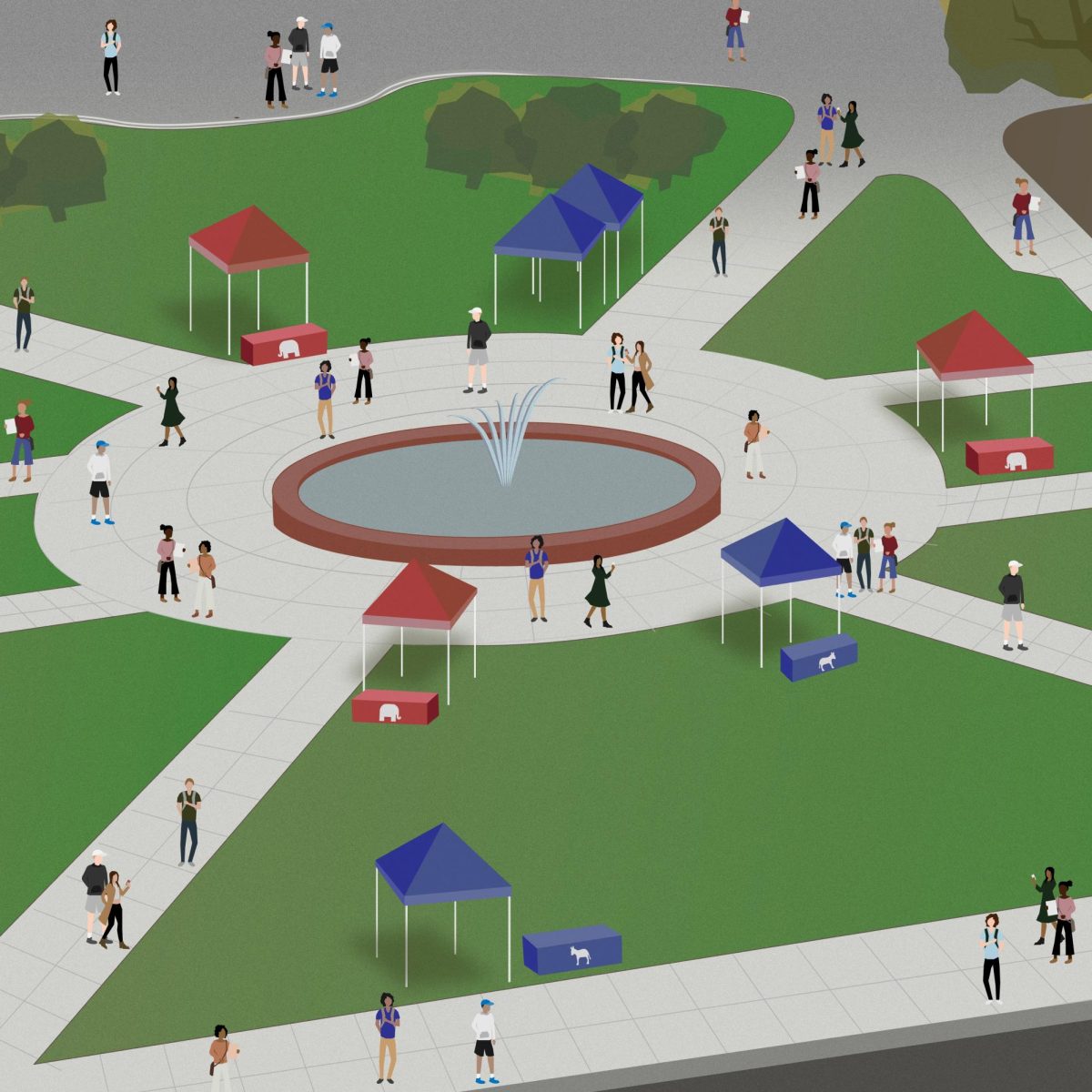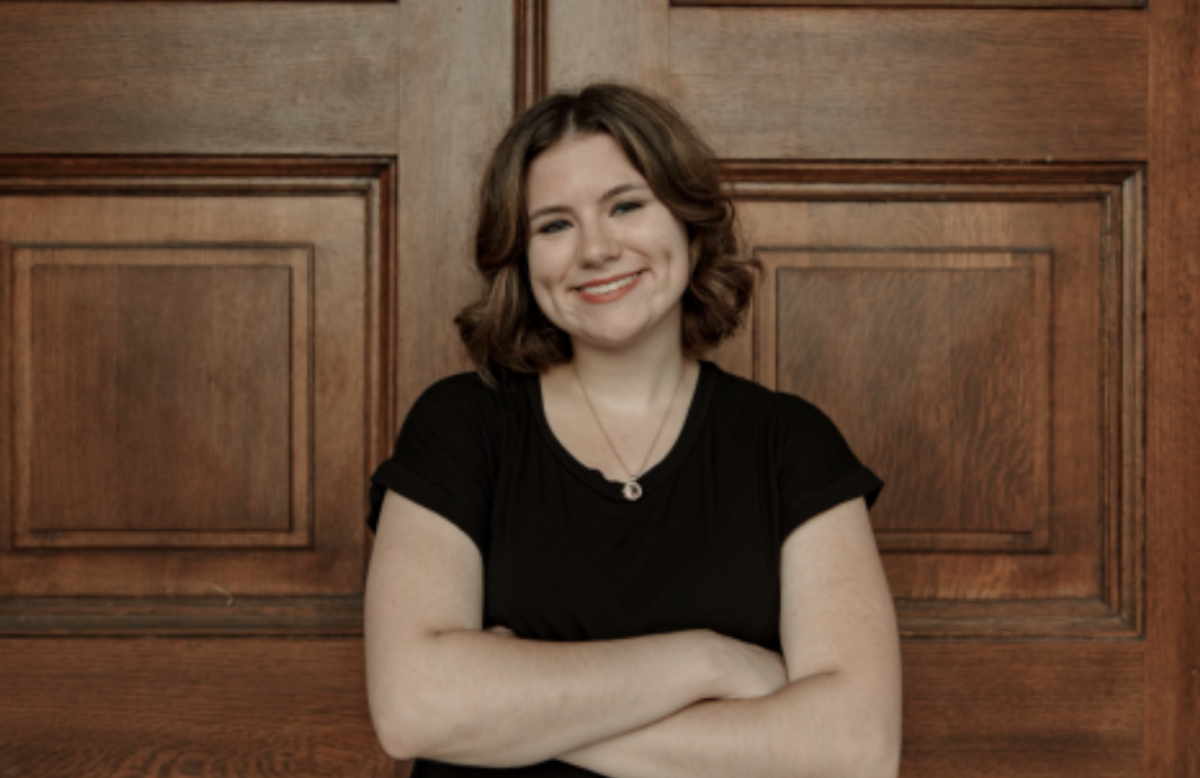
The highly-charged political protests in Egypt during the beginning of 2011 had dramatic effects for the University of Wisconsin students studying abroad there when they received a phone call telling them it was time to come home.
Julie Lindsey, the interim managing director of University of Wisconsin’s International Academic Programs, said that in January 2011, UW’s study abroad programs in Egypt were suspended because of the civilian uprising that took place in protest of the Egyptian government.
“Based on the protest situation which escalated in January 2011, the U.S. State Department issued a Travel Warning for Egypt,” Lindsey explained in an email to The Badger Herald. “In light of this warning as well as escalating political unrest, IAP suspended its study abroad programs in Egypt.”
Lindsey said she hopes for students like Dane DeVetter and all the students who desire to study abroad in Egypt in the future that the situation in the country will continue to improve and that the programs will be able to be reinstated.
“IAP continues to monitor the status of Egypt as a study abroad program destination through multiple sources, as well as have stayed in contact with universities who currently have students in Egypt,” Lindsey said in an email to the Herald. “At this time, our programs continue to be suspended, but I am hopeful that things will stabilize enough in Egypt in the near future allowing IAP to reinstate our programs.”
DeVetter, a senior studying international studies, was one of the six UW students studying abroad in Alexandria, Egypt at the time of the call for suspension.
DeVetter’s trip was ended when he and the other students were forced to evacuate Alexandria on Jan. 31, 2011. He had arrived in Egypt Jan. 8 and said he was excited to spend an entire semester abroad in a foreign nation, but his trip was cut short.
Both Lindsey and DeVetter agreed that, despite having to pull students from the programs in Egypt after less than a month, suspending the IAP programs was the right decision.
“Each institution needs to assess what is best for their students and follow their institutional guidelines and procedures regarding students abroad,” Lindsey said.
DeVetter echoed these sentiments and had experienced them first-hand. Having been in Egypt during the time of the protests, DeVetter said there was some uneasiness when the Egyptian citizens began forming riot groups near the residence hall where he was living, which was a 25-minute drive from the campus of Alexandria University.
“On the fourth night … we heard people yelling off in the distance and ran to a nearby balcony and saw a big group of hundreds of young people,” DeVetter said. “They were clad in Egyptian riot gear and had an armored police vehicle that they had taken over … they stopped in front of the dorm gates and were yelling for other students to join them.”
DeVetter said the evacuation process was very sudden and happened quickly. First, he said, on Jan. 29, the students got a call saying it was time to leave the dorms because the security personnel at the dorms, who were few and ill-equipped, had decided to leave.
DeVetter said he and some of the other students were at the local grocery store at the time of the phone call. The directions they were given were for some of the students to return to the dorms quickly and grab what they could and for the others to pay for the groceries and head to a new location.
This new location was an apartment building a few blocks away that was considered safer. This quick move came with a cost, however.
“We were in a big hurry, but we could have taken a lot more time,” DeVetter stated. “I was one of the few to go back [to the dorms], so I was trying to figure out what my friends wanted. I just hoped I wouldn’t forget anything too big, but we didn’t get a lot of our stuff back.”
DeVetter said the students spent the night in the apartment and were told they would be heading to the airport to leave the next day. He added the trip to the airport in Cairo also caused some anxiety.
“We were expecting some caravan of SUVs or something to take us to the airport,”
DeVetter said. “We ended up getting a tour bus, which we thought was a bad idea because we didn’t want to be obvious as tourists … but the ride out of town was smooth.”
DeVetter pointed out a more positive note, saying there were very few times where he felt uneasy to be an American in Egypt during this period of political unrest.
He told stories of how welcoming and friendly all of the local Egyptians, especially the Egyptian students, were and how helpful they were in his studies there. This was especially true of the courses he took in Arabic, Egypt’s native language.
He was in two Arabic classes, one that focused on colloquial Arabic and another that focused on the standard version of the language, as well as an Israeli-Palestinian conflict course. He also had an opportunity to learn about the global economy from a professor at the university. He said he also sharpened his language skills with the people he lived with.
“I got to live with Egyptian college students, which was nice because they spoke Arabic with us all the time and helped us when we made mistakes,” DeVetter said. “The Egyptians were super accommodating and really nice people. I was even surprised by how many people said welcome to me in English.”
But even though his stay was cut short, he said what he learned was worth it.
“I chose the program in Alexandria specifically because I heard it was the most language-intensive,” DeVetter said. “Studying Arabic abroad is definitely a good experience, as well as learning to handle yourself in interesting situations … I would say to the students wanting to do this program to definitely go for it.”
Despite DeVetter expressing the valuable experiences gained in Alexandria, he could not hide the major disappointment he felt during the evacuation process.
He said these feelings were the worst during the 36-40 hours he and the other students spent at the Cairo airport, all of them waiting for their separate flights home.
“I’m really bummed I had to leave,” DeVetter stated. “But as disappointing as it was, from the beginning when I knew we had to go there were emotions of ‘this really sucks’ … but on the other hand, this was an Egyptian domestic political issue, and I knew that we should probably leave.”
Although DeVetter came home to Madison disheartened, he said he would encourage any student wanting valuable cultural experiences or strengthening of language skills – mainly Arabic – to study abroad to Egypt, not just for the studies, but also for the fun.












